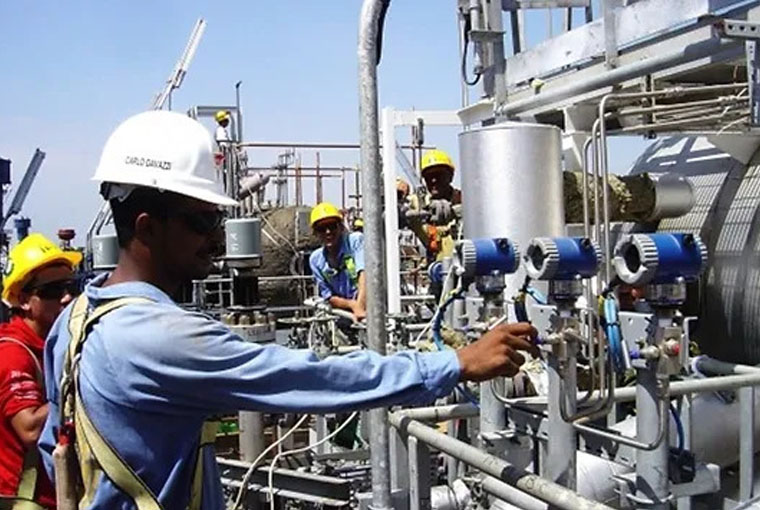Electrical & Instrumentation

Electrical & Instrumentation (E&I) is a branch of engineering that combines electrical and instrumentation engineering. This field focuses on the design, development, installation, and maintenance of systems and equipment related to electrical power, control, and instrumentation in various industries.
Here's a breakdown of the two components:
Electrical Engineering: Electrical engineering deals with the study and application of electricity, electronics, and electromagnetism. In the context of E&I, electrical engineering involves:
Power Generation and Distribution: Designing and maintaining electrical systems for generating and distributing electrical power. This includes power plants, transformers, substations, and power lines.
Electrical Control Systems: Designing control systems that regulate and manage the operation of electrical equipment. This can include motor control centers (MCCs), switchgear, and circuit breakers.
Electric Motors and Drives: Designing systems that involve electric motors and their control, including variable frequency drives (VFDs) for precise motor speed control.
Power Electronics: Designing and utilizing electronic devices for controlling and converting electrical power. This includes devices like inverters, rectifiers, and converters.
Instrumentation Engineering: Instrumentation engineering deals with the design and implementation of instruments and devices used for measurement, control, and automation. In the context of E&I, instrumentation engineering involves:
Sensors and Transducers: Designing and selecting sensors that measure various physical quantities such as temperature, pressure, flow, and level.
Process Control Systems: Developing systems that automate and regulate industrial processes. This can involve programmable logic controllers (PLCs), distributed control systems (DCS), and supervisory control and data acquisition (SCADA) systems.
Data Acquisition: Collecting, analyzing, and processing data from various sensors and instruments to monitor and control processes.
Control Valves and Actuators: Designing and maintaining devices that control the flow of liquids and gases in industrial processes.
Instrument Calibration: Ensuring the accuracy and reliability of instruments through calibration and maintenance.
Electrical & Instrumentation engineers work in a wide range of industries, including oil and gas, power generation, manufacturing, chemical processing, pharmaceuticals, and more. They play a crucial role in ensuring the safe and efficient operation of industrial processes by designing and maintaining the systems that control and monitor various parameters.
Integrating electrical and instrumentation engineering is essential for creating comprehensive solutions that involve both electrical power and control aspects in industrial settings.